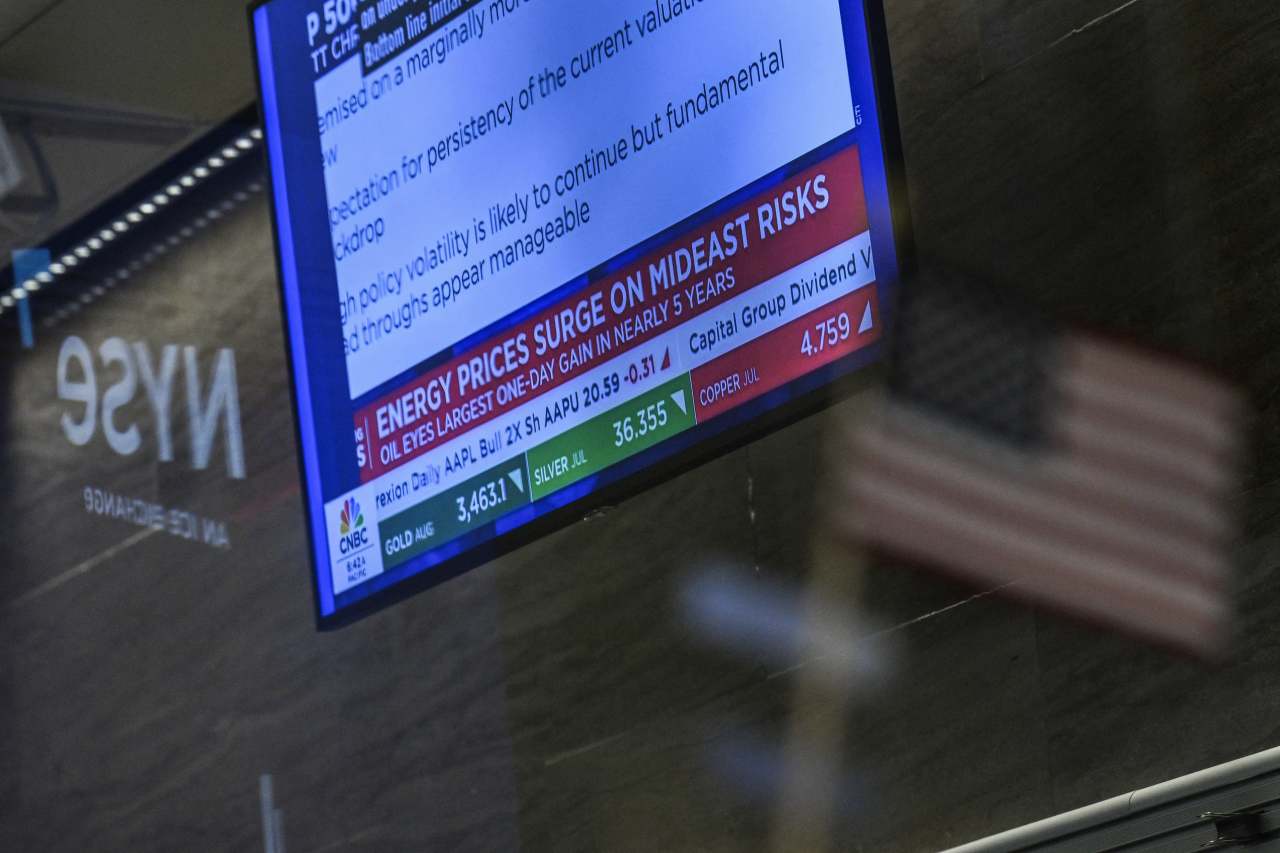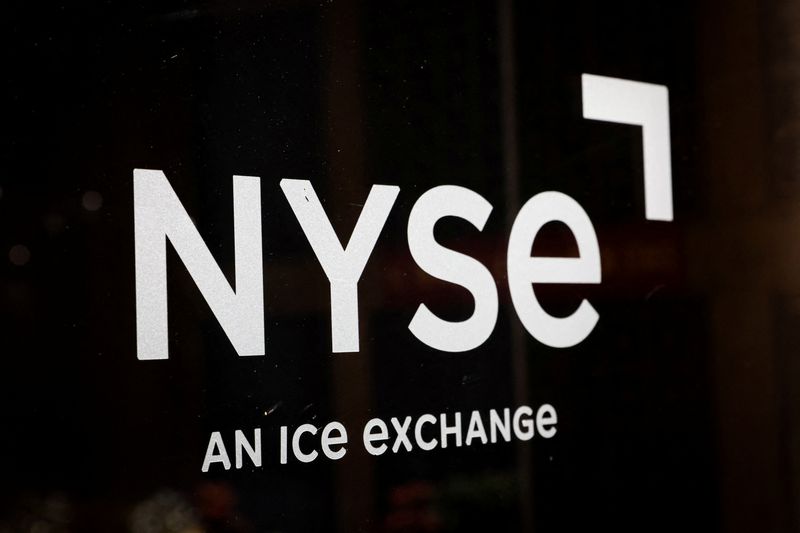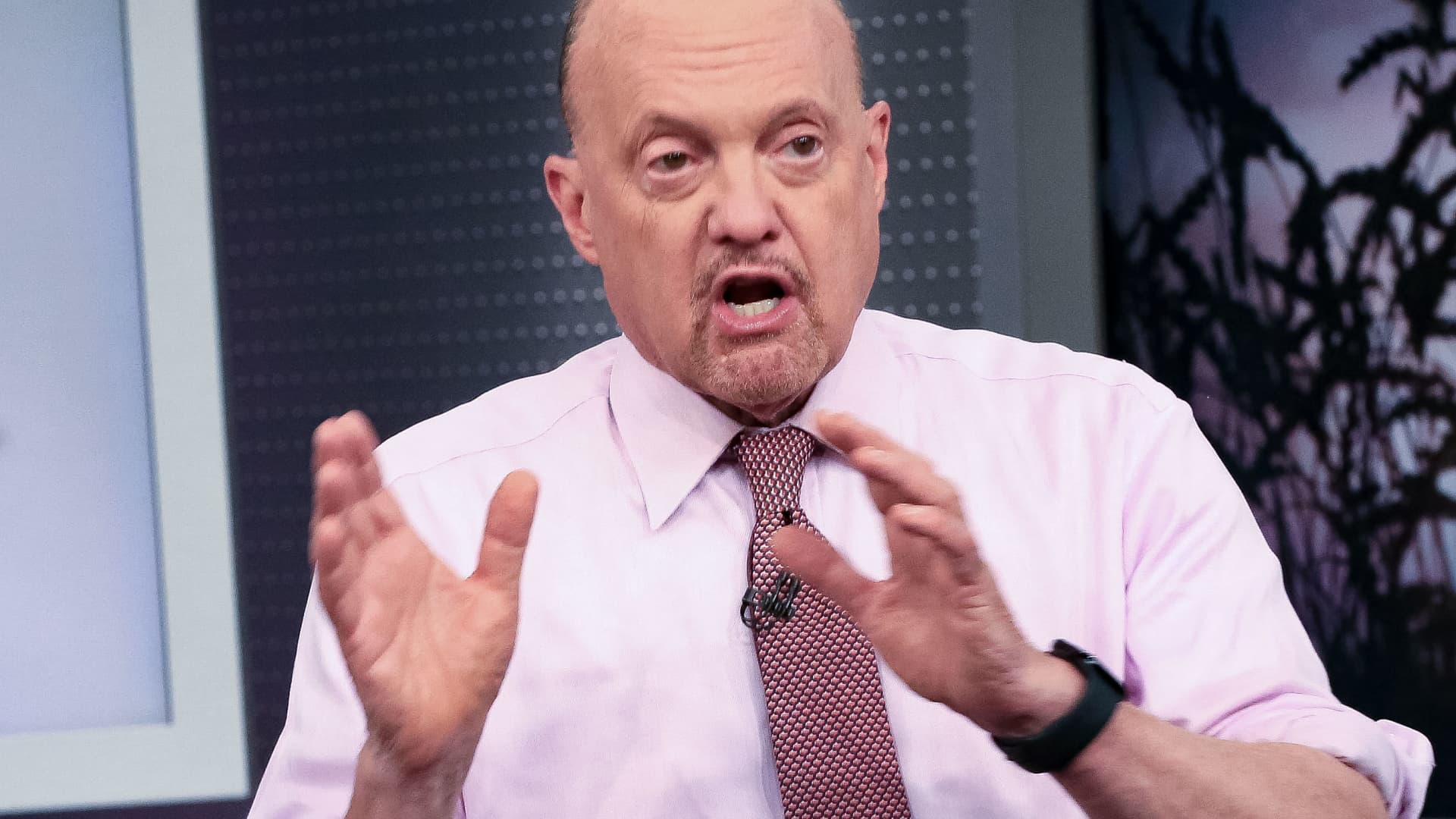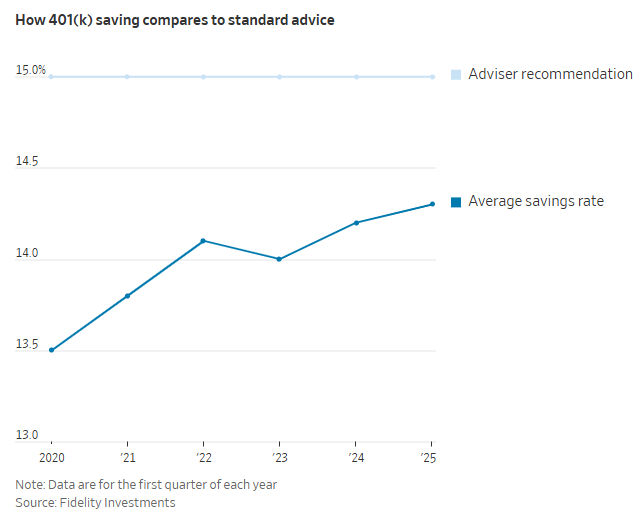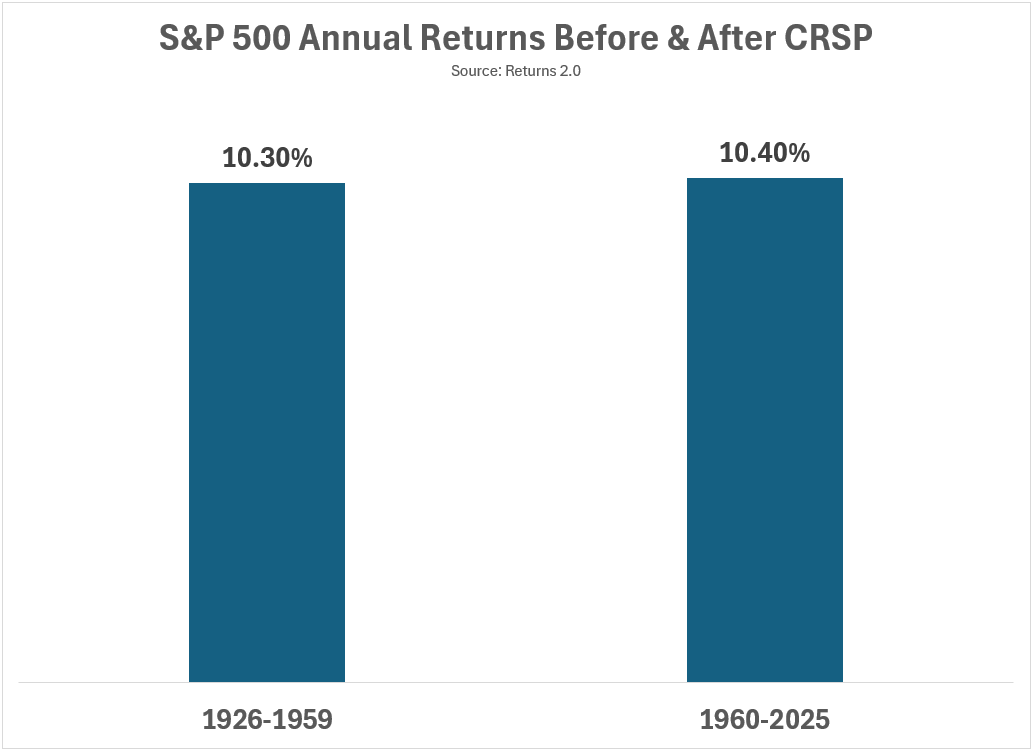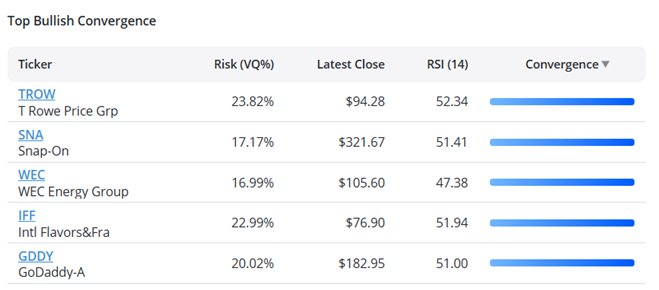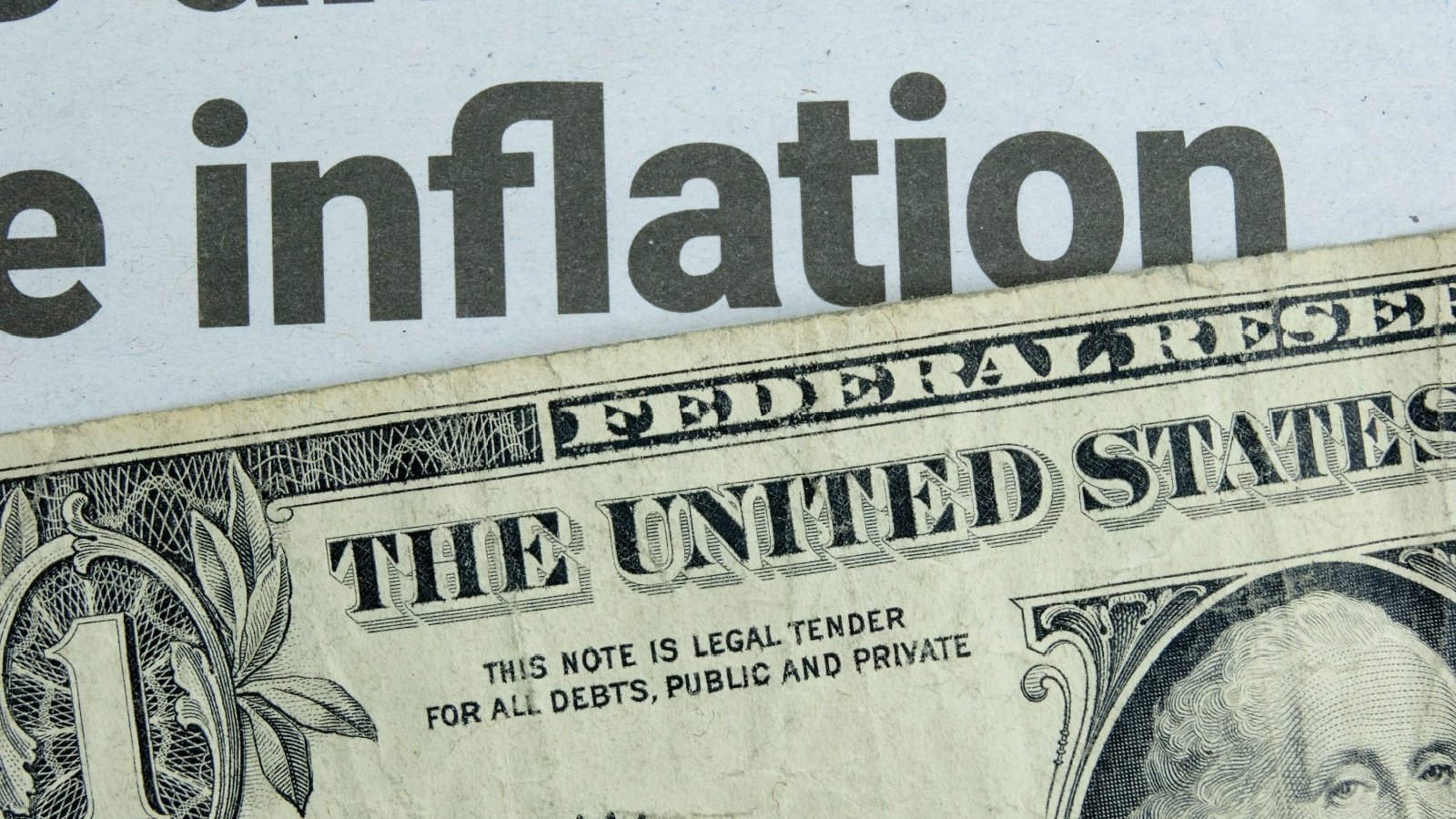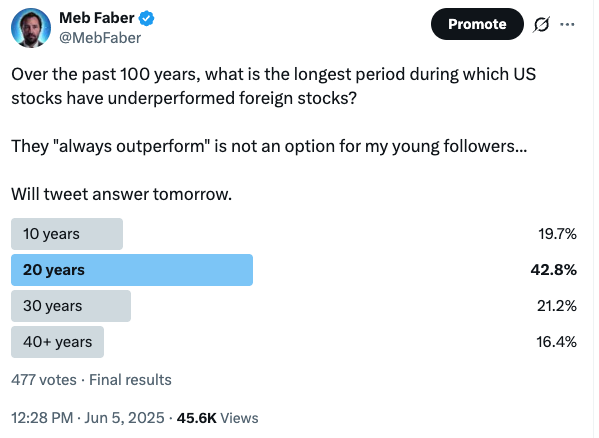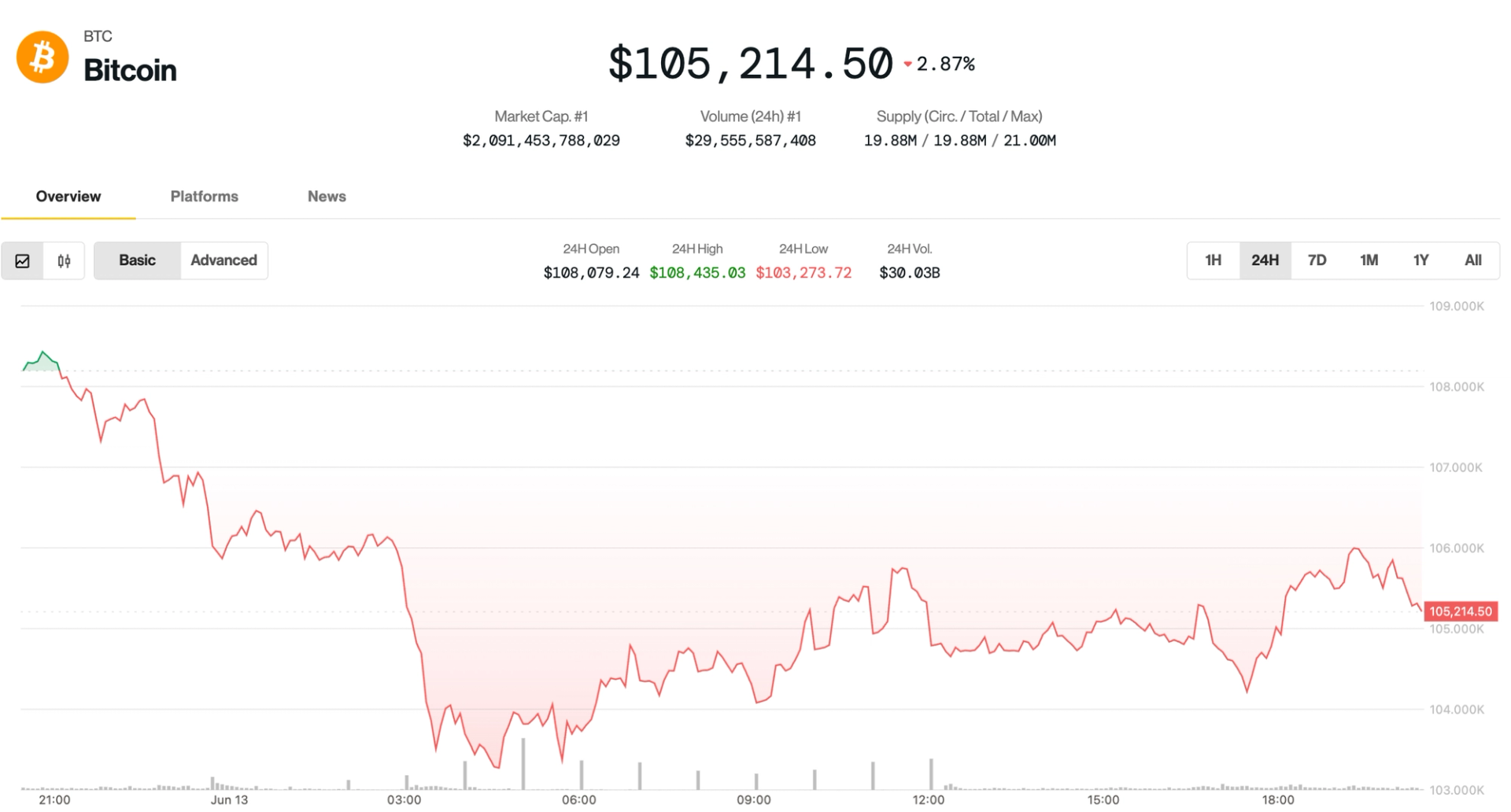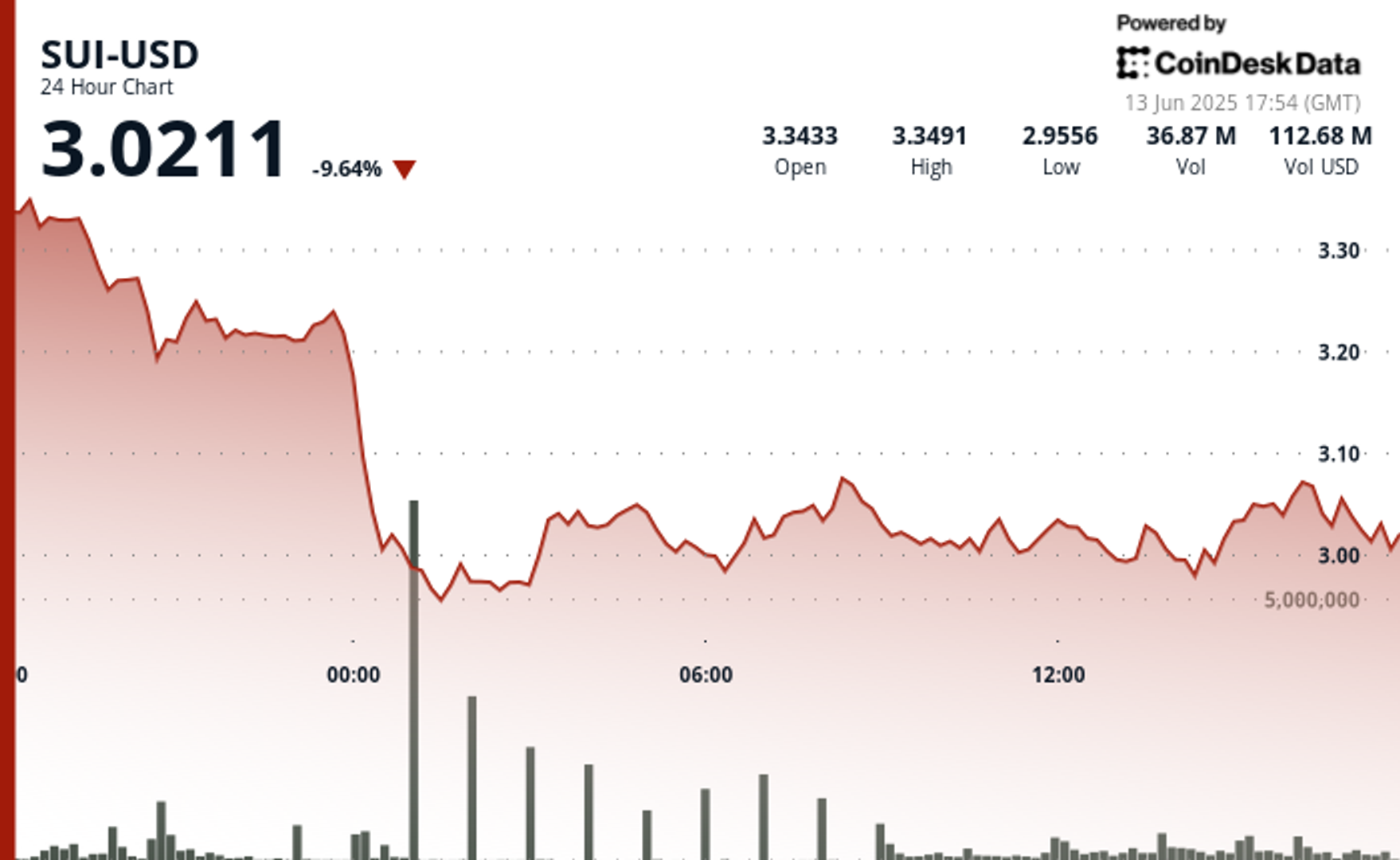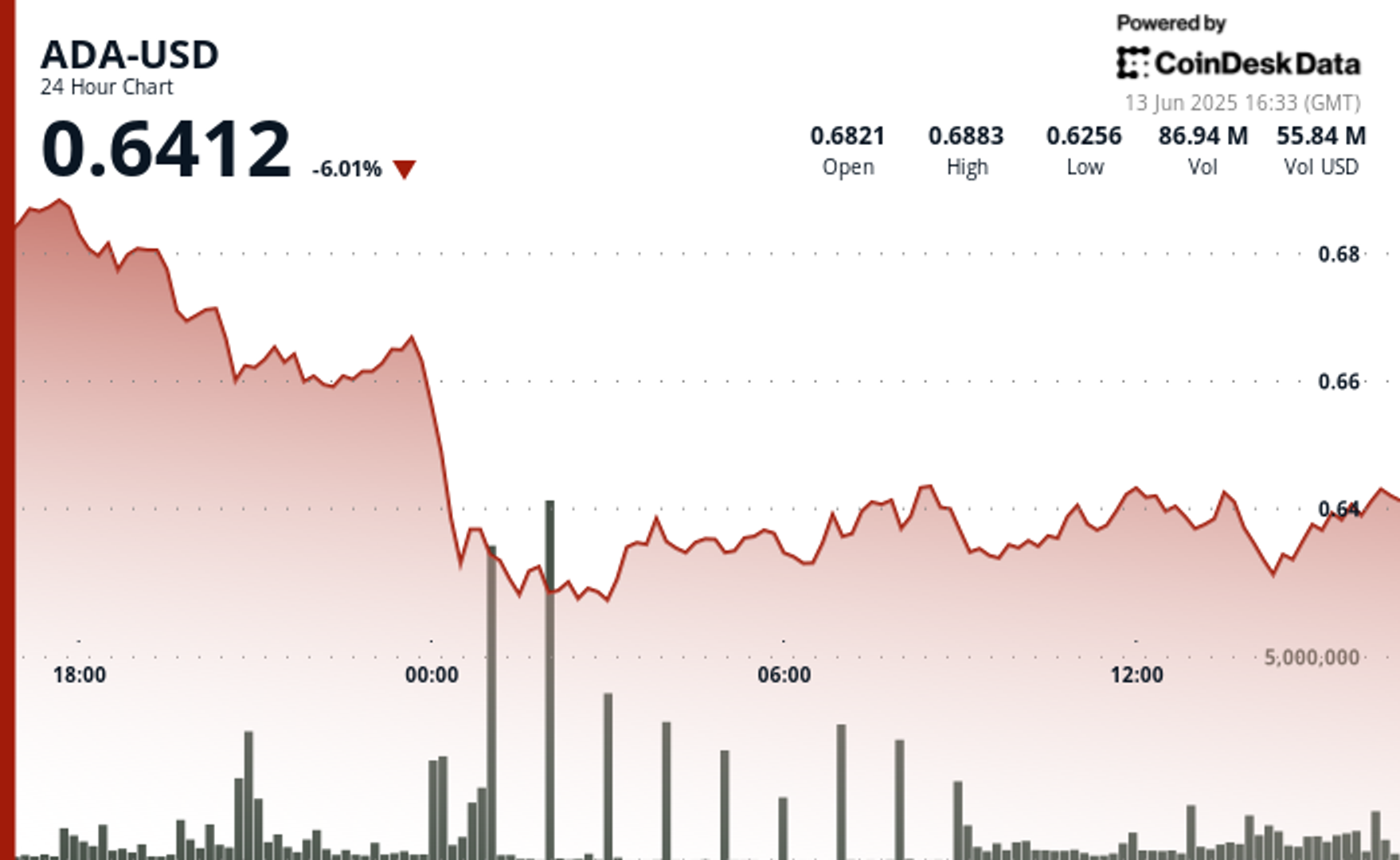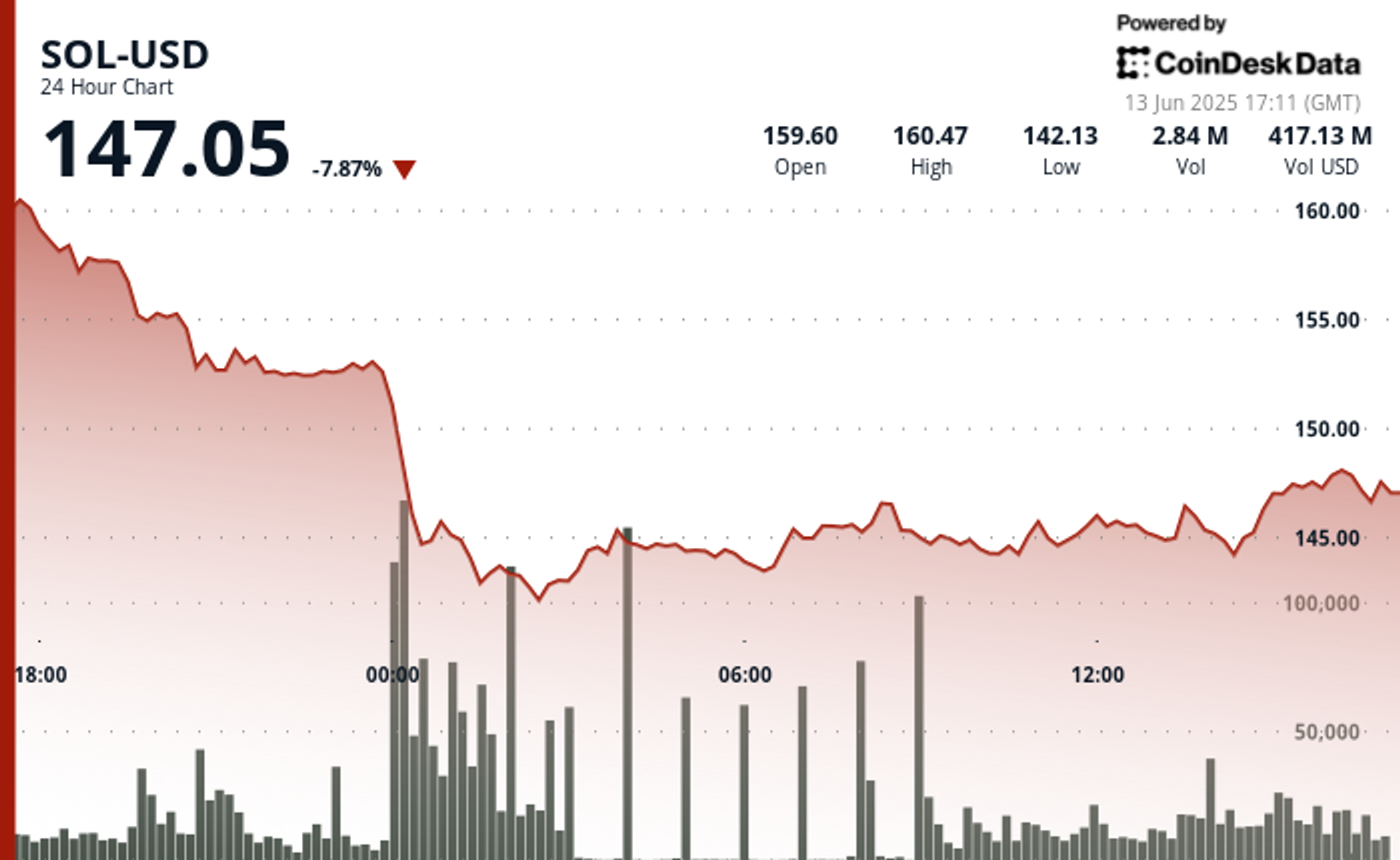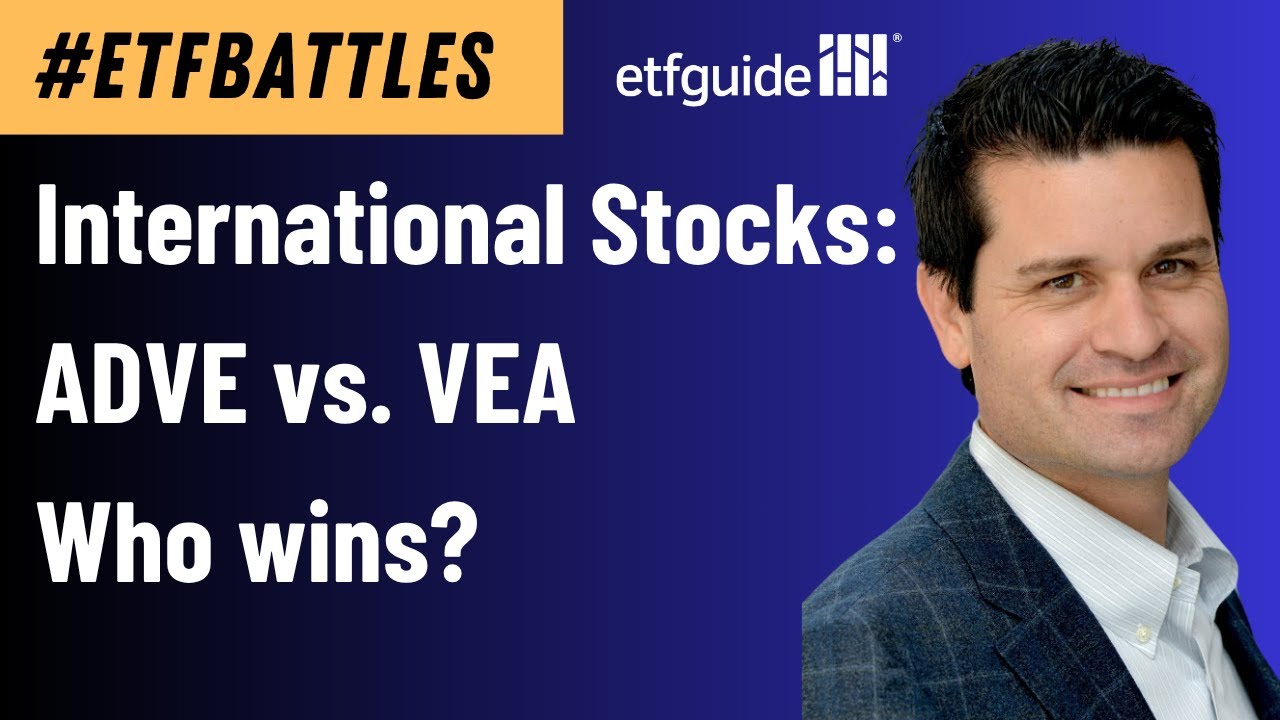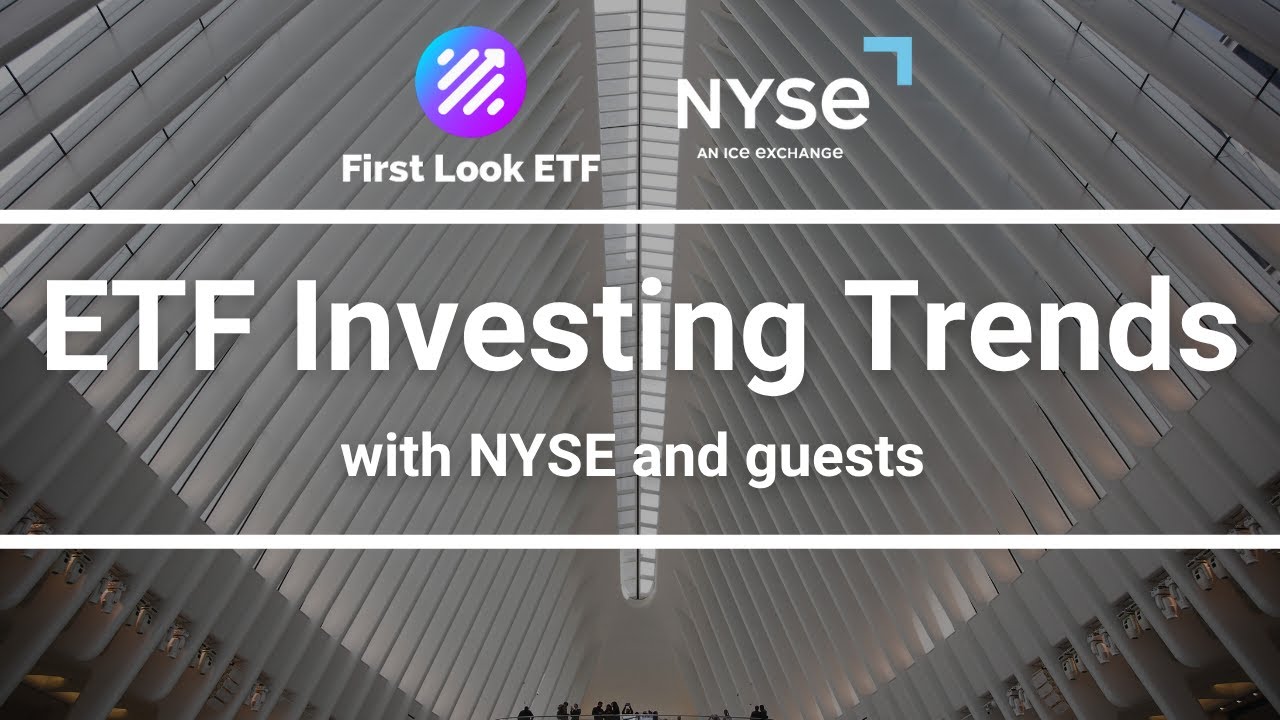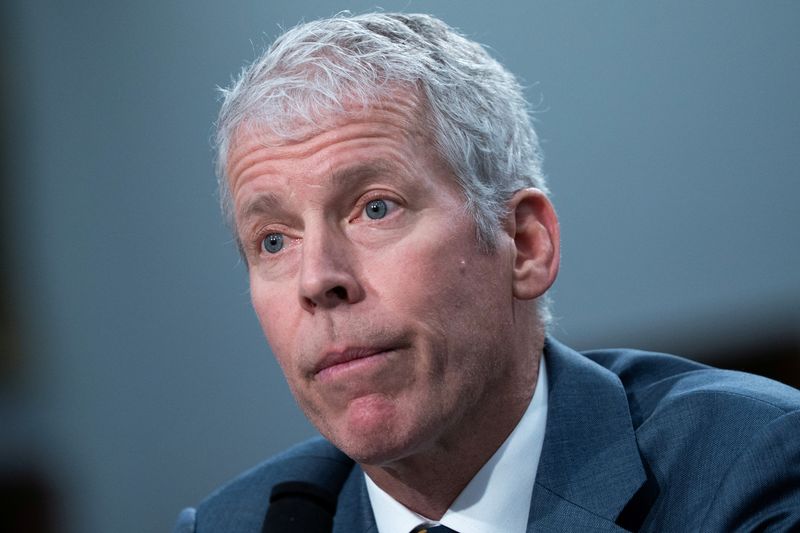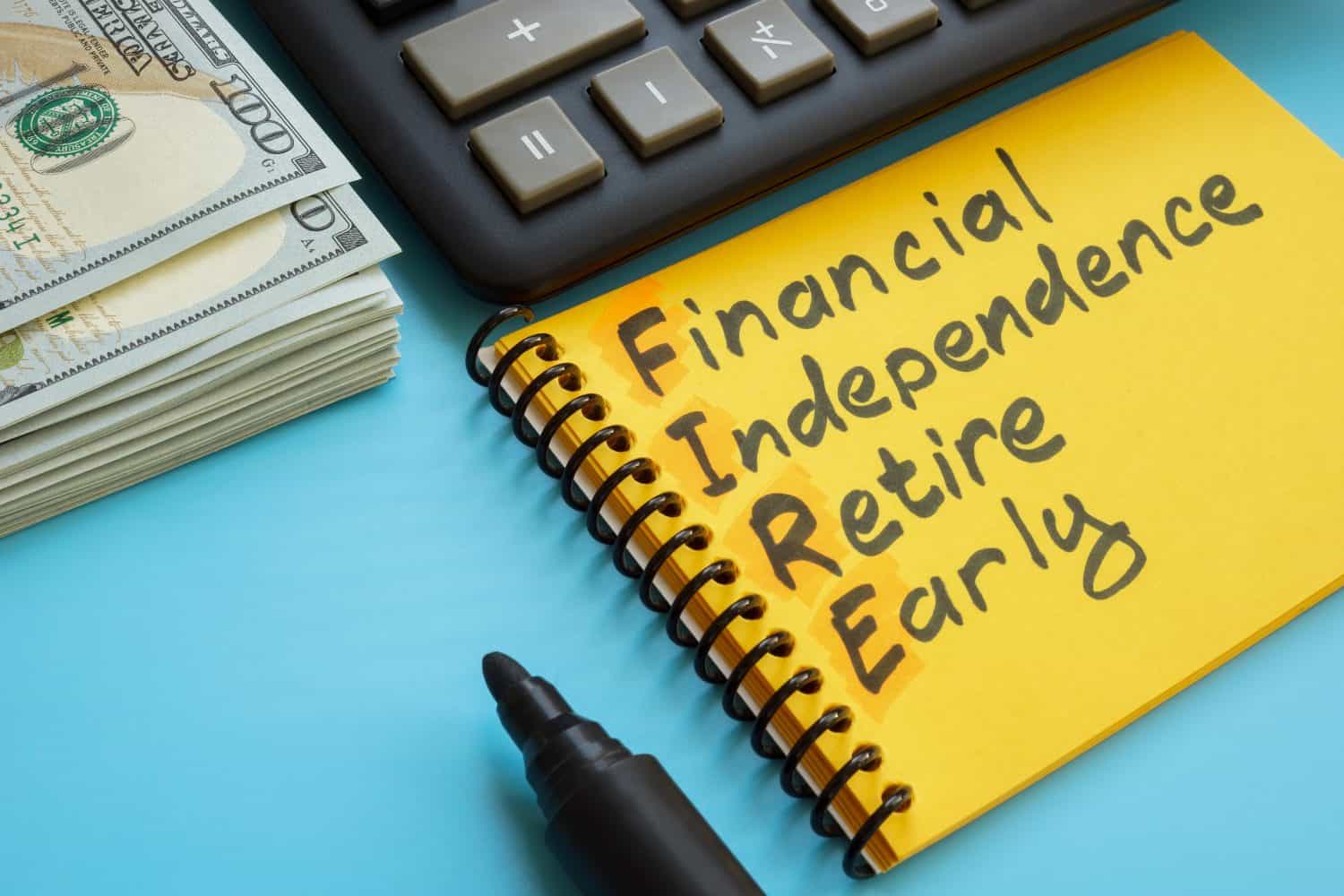I’m trying to decide if a financial advisor is worth it but am having doubts
There was a time when I was hesitant to work with a financial advisor. It wasn’t that I didn’t think advisors offered value. Rather, it was that because I was knowledgeable about the stock market, I didn’t see the point in having one myself. This Reddit poster is in a similar boat. They’ve been […] The post I’m trying to decide if a financial advisor is worth it but am having doubts appeared first on 24/7 Wall St..

Key Points
-
A financial advisor could help you meet your goals, but you’ll pay a fee for their service in return.
-
You’ll need to understand exactly what value your financial advisor brings to the table.
-
You’ll also need to find someone who will put your best interests first at all times.
-
Are you ahead, or behind on retirement? SmartAsset’s free tool can match you with a financial advisor in minutes to help you answer that today. Each advisor has been carefully vetted, and must act in your best interests. Don’t waste another minute; get started by clicking here.(Sponsor)
There was a time when I was hesitant to work with a financial advisor. It wasn’t that I didn’t think advisors offered value. Rather, it was that because I was knowledgeable about the stock market, I didn’t see the point in having one myself.
This Reddit poster is in a similar boat. They’ve been managing their own portfolio so far and are mostly invested in total stock market funds.
That’s not a terrible way to invest, since these funds offer built-in diversification. But there may be a better strategy the poster can take to build their portfolio.
The poster is wondering if a financial advisor is worth hiring, but they’re having doubts given the cost. Right now, they’re looking at paying someone a $900 flat fee for general advice. It seems like they’re not looking for someone to manage their portfolio on an ongoing basis.
Whether you’re interested in using a financial advisor for a one-time consultation or for ongoing help, it’s important to know what your fees are buying you. Here’s what you need to consider.
What can a financial advisor do for you?
There are a number of things a financial advisor can do that you wouldn’t necessarily be able to pull off on your own. An advisor can:
- Help you branch out into individual stocks in your portfolio
- Introduce you to alternative assets for more diversification
- Aid you in establishing a long-term savings goal for retirement and other milestones
- Help you stretch your nest egg once retirement arrives
- Make sure you have the right insurance in place, whether it’s life insurance, long-term care insurance, or disability insurance
- Help you sleep better at night knowing you have a sound financial strategy
In exchange for these benefits, you’re going to pay a fee. That fee will either be a one-time thing, like what the poster above is contemplating, or an ongoing fee that’s calculated as a percentage of assets under your advisor’s management.
But before you tell yourself you’re just plain not going to pay a fee because it’s not worth it, talk things through with any advisor you’re considering and see what they bring to the table. You may find that the fee you end up paying is more than worth it.
On my end, I decided to use a financial advisor to manage some of my assets. I liked the idea of having another person to help me make decisions on individual investments and strategies.
I also like the fact that my financial advisor isn’t emotionally invested in my success. To be clear, I’m sure he wants me to do well. And let’s be real — the better my investments do, the more he gets paid.
What I mean by that is, he’s not as emotional about my financial goals as I am. And that’s a good thing, as it allows him to be more level-headed than me during periods of market turbulence.
Make sure to find the right person for the job
Under the right circumstances, a financial advisor can be more than worth the fees. But if you’re going to pay for one, make certain you’re hiring a professional who will put your best interests first at all times.
To that end, I suggest finding a financial advisor who’s a fiduciary. This means they have to put your needs and best interests ahead of theirs.
A financial advisor who’s only held to the suitability standard can recommend an investment that’s reasonable for you even if it’s not the best. Why might they do that? It’s simple — to earn a bigger commission.
A fiduciary can’t get away with that. So it’s important to note that distinction as you go about your search.
The post I’m trying to decide if a financial advisor is worth it but am having doubts appeared first on 24/7 Wall St..





















